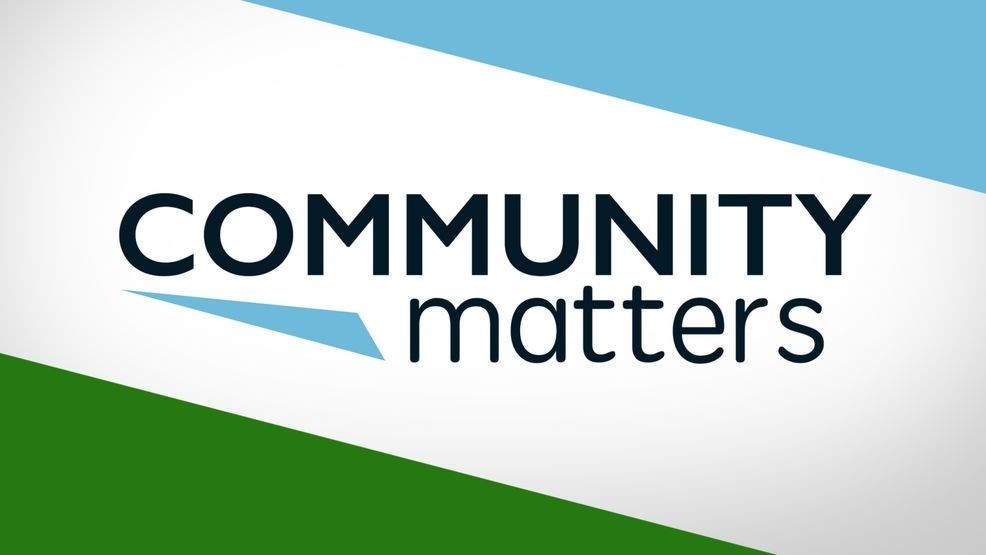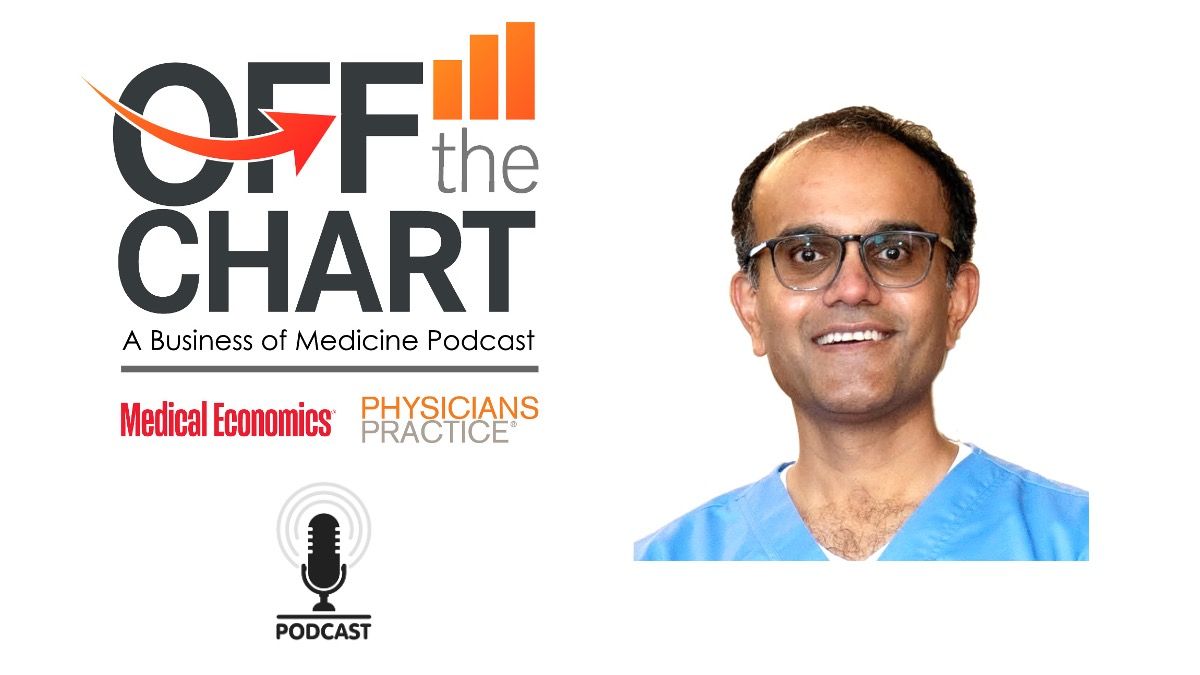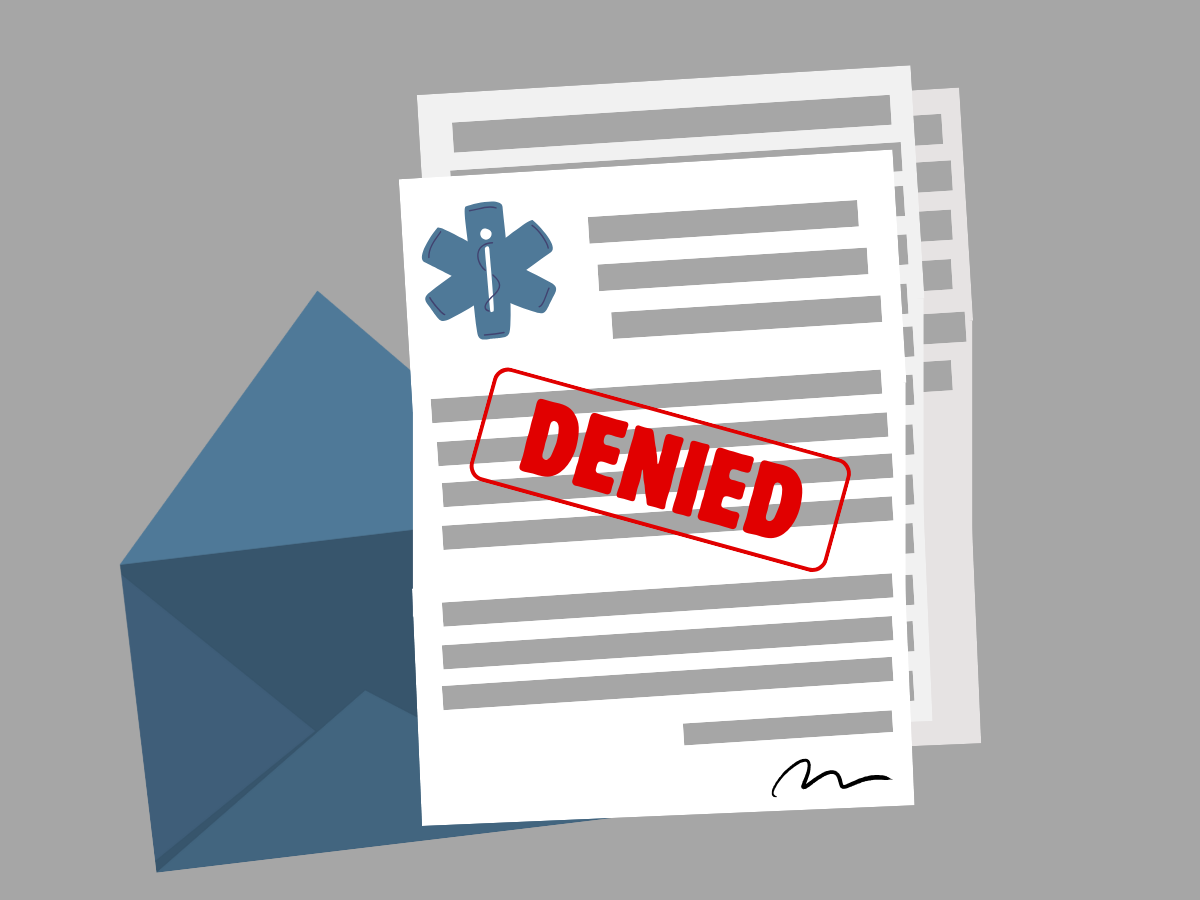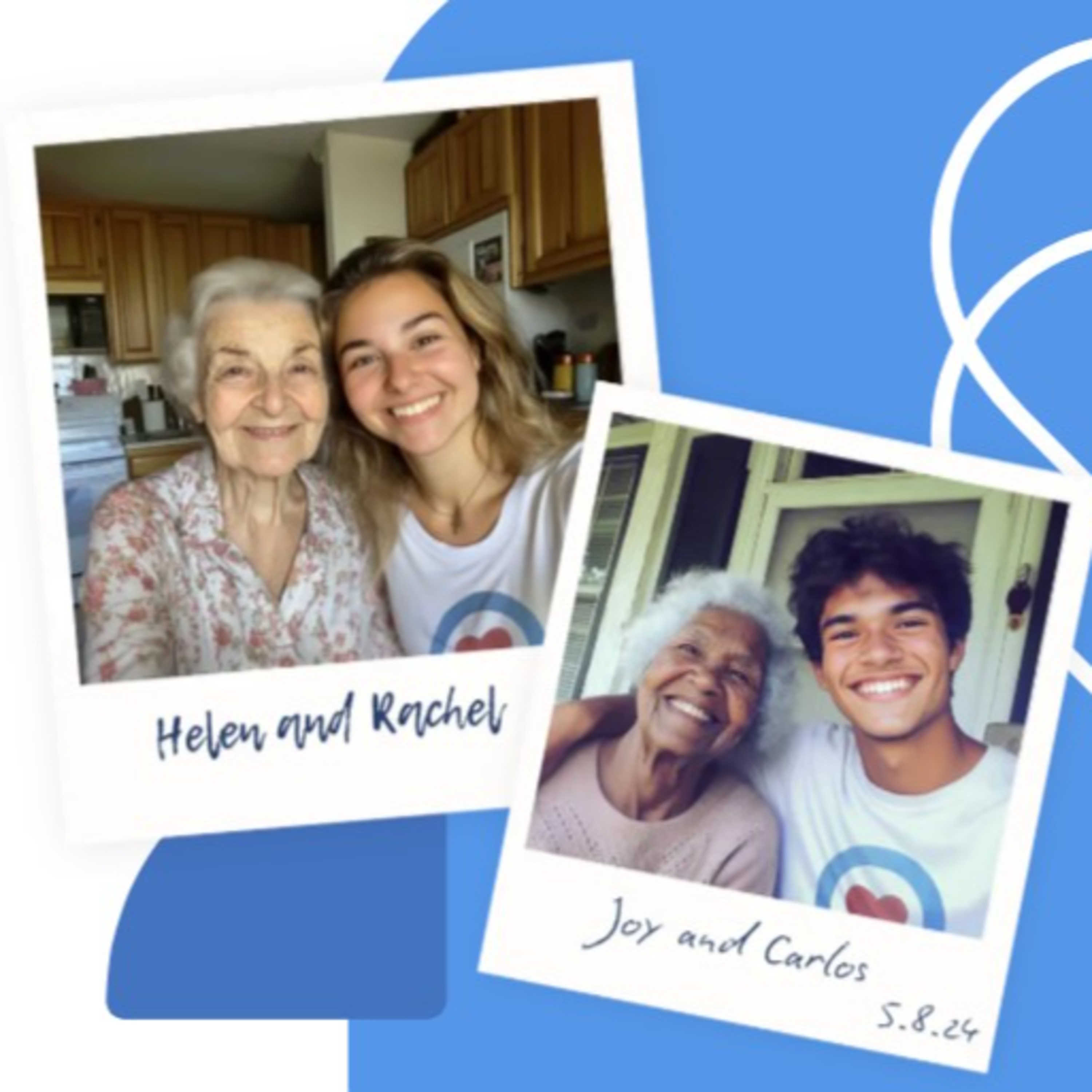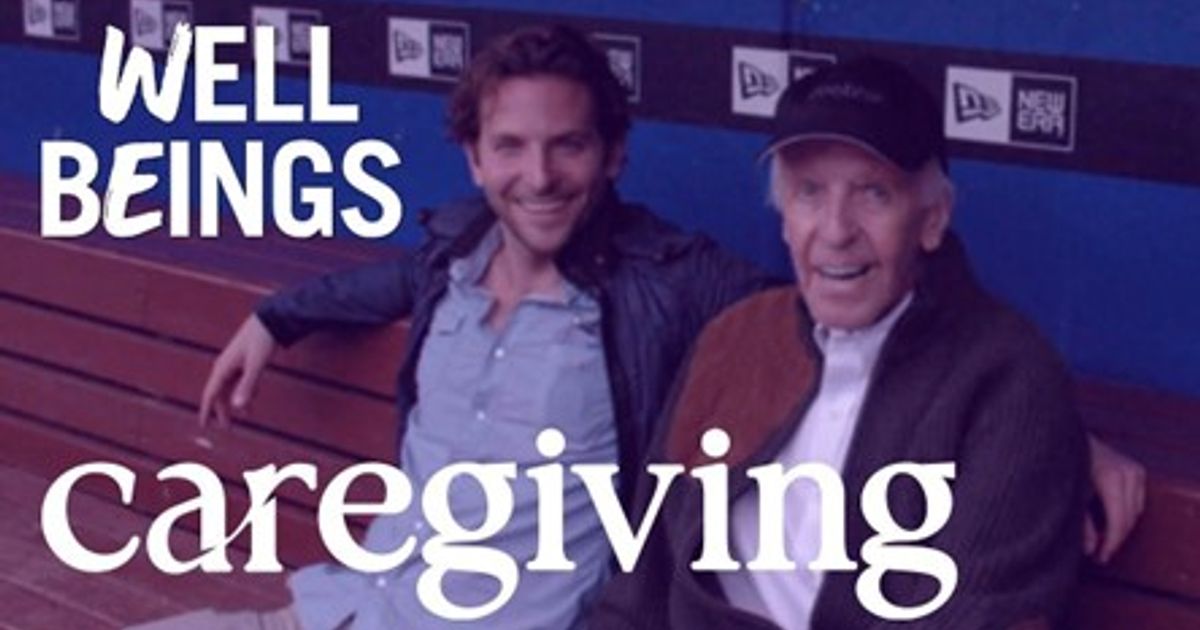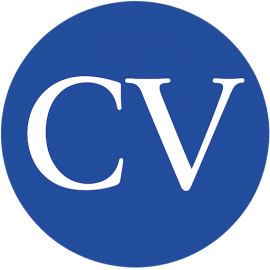Counterforce Health in the Spotlight (2025 Recap)

The healthcare landscape is complicated enough without having to fight your insurance company for coverage you've already paid for. Yet that's exactly what millions of Americans face every year when their claims get denied. Over the past six months, as we've worked to address this problem at Counterforce Health, we've been surprised by how much attention our approach has generated across different media outlets.
From local North Carolina news stations to national healthcare publications, podcasts, and industry analysis, our story has resonated with audiences who are clearly hungry for solutions to one of healthcare's most persistent problems. Looking back at this coverage, we're seeing patterns that tell us something important about where healthcare is headed and what people expect from companies trying to fix it.
Healthcare Professionals Want Real Solutions
What really validated our approach was when healthcare industry publications started reaching out. These aren't outlets looking for flashy tech stories, they're focused on practical solutions that can actually help providers and patients navigate the healthcare system more effectively.
Physician's Practice invited our co founder Neal K. Shah for an in-depth podcast conversation about AI and claim denials. What struck us about that interview was how many specific, detailed questions they had about implementation. These are people who deal with insurance denials every single day, and they wanted to know exactly how our technology could fit into their existing workflows.
Medical Economics took an even broader view, examining how AI tools like ours might fundamentally change the power dynamics between patients, providers, and insurance companies. Their analysis went beyond just describing what we do they looked at the systemic implications of making sophisticated appeal tools widely available.
The healthcare trade publication coverage has been particularly valuable because it's forced us to think more deeply about our role in the broader healthcare ecosystem. When Medical Economics writes about empowering physicians and patients, they're not just describing a product feature, they're talking about a shift in how healthcare advocacy might work in the future.
Grassroots Conversations
One of the most meaningful aspects of our media coverage has been the opportunities to engage directly with community members who are dealing with these problems firsthand. MyRDCTV brought us onto "Community Matters" to discuss healthcare options alongside other organizations working on access issues. The questions we got from viewers were practical and immediate: How do I know if my denial is worth appealing? What if I can't afford a lawyer? How long does the process take?
Those grassroots conversations have shaped how we think about our work. It's one thing to build a sophisticated AI tool, but it's another thing entirely to make sure that tool is accessible and useful for someone who's already stressed about their medical bills and worried about their health.
Techstination featured us in their podcast, describing our platform as an "easy AI tool" for health insurance appeals. That "easy" part is crucial if the technology isn't accessible to regular people, it's not really solving the problem.
Learning from Every Conversation
Each media appearance and interview has taught us something new about how different audiences think about insurance denials and healthcare advocacy. Healthcare providers are focused on workflow integration and patient outcomes. Tech audiences want to understand the algorithms and data sources. Community members want to know about cost, accessibility, and real-world results.
What's been consistent across all these conversations is the level of frustration people feel with the current system. Almost everyone has a story about a claim denial that didn't make sense, an appeal process that was too complicated, or a situation where they just gave up because fighting seemed impossible.
That frustration is what drives us, but the media coverage has also shown us the flip side – there's tremendous hope and enthusiasm for solutions that might actually work. When CityView NC or Complete AI Training writes about what we're doing, they're not just describing a product, they're describing a possibility that things could be different.
The Broader Healthcare Conversation
One thing that's become clear through all this coverage is that our work sits at the intersection of several larger trends in healthcare. The move toward patient advocacy, the integration of AI into medical workflows, the ongoing debates about insurance company practices, and the search for more equitable healthcare access, all of these themes show up in how different outlets have covered our story.
Medical Economics's analysis of how AI can empower both physicians and patients reflects a growing recognition that technology tools need to serve multiple constituencies in healthcare. It's not enough to make things easier for providers or patients – the best solutions help both groups work more effectively together.
The local coverage, from WRAL to GrepBeat, has consistently framed our work as part of North Carolina's broader innovation ecosystem. That's important because it shows how local companies can tackle national problems, and how solutions developed in places like Durham can scale to help people everywhere.
Some of the coverage has surprised us in the best possible way. An IMDB listing suggests our story is reaching audiences through documentary or educational content, which opens up entirely new ways for people to learn about insurance appeal options. These unexpected platforms remind us that the problem we're working on touches people's lives in ways that go far beyond typical healthcare or technology coverage. When your medical claim gets denied, it's not just a business or policy issue, it's a personal crisis that affects your health, your finances, and your family.
What We're Hearing from Real Users
Beyond the formal media coverage, all this attention has led to increased awareness of our platform, which means we're getting more feedback from actual users. The stories we hear from people who've successfully appealed denials using our tools are what really matter, but the media coverage has helped us reach people who might not have known that help was available.
We've heard from patients who thought their only option was to pay out of pocket for denied treatments. We've heard from providers who were spending hours of their staff time on appeals that often went nowhere. We've heard from family members who were trying to advocate for loved ones but didn't know how to navigate the appeals process.
Each of these conversations reinforces why the work matters, but they also challenge us to keep improving. The media coverage has been gratifying, but it's also created expectations that we need to live up to.
Challenges and Honest Reflections
Not everything about increased media attention has been easy. With visibility comes scrutiny, and we've had to be more thoughtful about how we talk about both the potential and the limitations of what we're doing. AI-powered healthcare tools face legitimate questions about accuracy, bias, and accountability, and we've tried to address those concerns honestly in our conversations with reporters and analysts.
The coverage has also highlighted the complexity of the insurance industry and the appeal process. While we're proud of the outcomes our users are achieving, we're also aware that we're working within a system that has deep structural problems. Technology can help individuals navigate that system more effectively, but it can't fix everything that's broken about healthcare financing and access. Perhaps most importantly, the breadth of coverage from community television to industry trade publications to tech podcasts suggests that our work resonates across different constituencies. That's crucial because effective healthcare solutions need to work for patients, providers, and the broader system.
The media attention has also connected us with other organizations working on related problems. Healthcare is a complex ecosystem, and sustainable solutions usually require collaboration between multiple players. The coverage has helped us identify potential partners and learn from other companies tackling different aspects of healthcare access and advocacy.
The Responsibility That Comes with Visibility
As we look back on six months of coverage, we're grateful for the platform it's given us, but we're also mindful of the responsibility that comes with visibility. When Physician's Practice features our work or local news stations discuss our approach, they're not just telling our story, they're giving hope to people who are struggling with insurance denials right now.
That hope is powerful, but it also means we need to deliver on our promises. The media coverage has been validating, but the real measure of our success will be in the claims that get approved, the treatments that get covered, and the patients who get the care they need without having to fight for it.
The conversations we've had with reporters, podcast hosts, and community members have all reinforced the same basic truth: people want healthcare to be less complicated and more fair. That's a simple goal, but achieving it requires sustained effort, continuous improvement, and a willingness to tackle problems that are bigger than any single company can solve alone.
As we move forward, we're committed to using the platform that media coverage has provided to keep the focus on the people we're trying to help. The attention has been gratifying, but it's just the beginning of the work we need to do.
Read More


